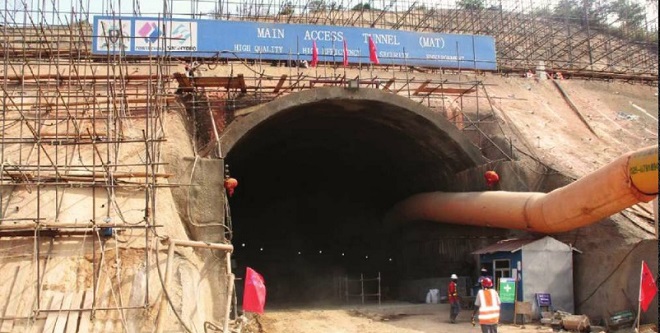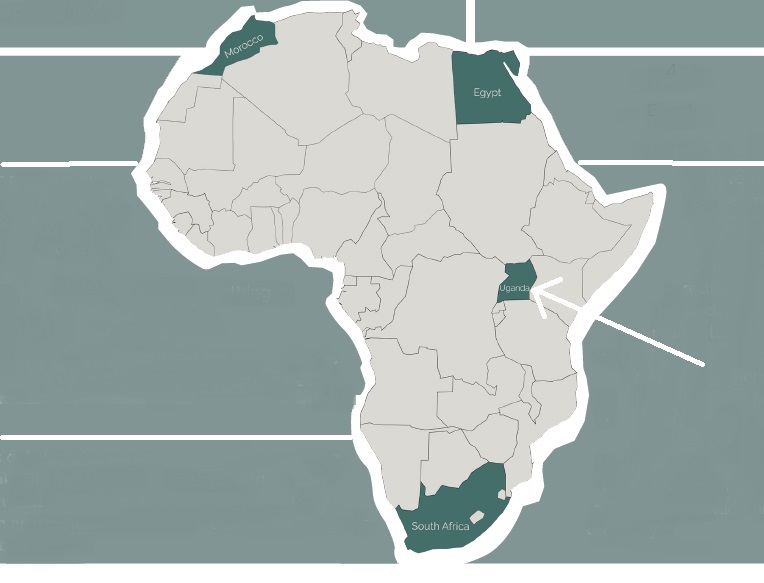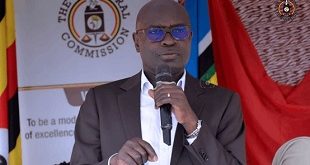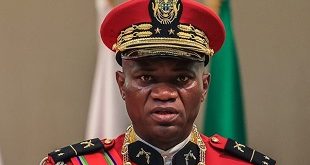
Uganda’s recent strong focus on improving her energy potential has been recognized, with the country now ranked third in Africa for providing the right environment to attract investment.
Financial advisors Fieldstone Africa have categorized Uganda among “The Big Five” in Africa “where an investment of time and capital in a renewable energy project might most readily be made today.”
South Africa are top of the “Big Five”, followed by Morocco, Uganda and Egypt, according to Fieldstone Africa.
In 2015, Uganda was also ranked 3rd in Africa and 9th in the world among 55 emerging economies in Africa, Asia, Latin America and the Caribbean on the investment climate and policies for clean energy investments by Bloomberg New Energy Finance (BNEF).
Who are Fieldstone?
Fieldstone Africa is the continent’s leading independent financial adviser and provider of related financial services in energy and infrastructure. They early this month launched an investment index for renewable energy in Africa.
The ‘Fieldstone Africa Renewables Index (or FARI) is designed to assist investors, developers and financial institutions in comparing the relative merit of renewable efforts in different countries.
The index “takes into account real world experience as well as the legal, regulatory and technical basis to get things done,” the independent financial advisors said in a statement.
Uganda has been outstanding on this front.
According to James Baanabe, Commissioner Energy Efficiency and Conservation, Ministry of Energy and Mineral Development, Uganda has implemented several reforms that have improved the sector performance and attracted additional investments from abroad.
Baanable mentioned that several reforms in the power sector were introduced in the past decade, including the establishment of the Electricity Regulatory Authority (the “ERA”) to regulate the sector; an Appropriate Policy “The Energy Policy for Uganda”; an appropriate legal framework “The Electricity Act 1999”; establishment of the Electricity Dispute Tribunal (the “EDT”) and the establishment of the Rural Electrification Fund (the “REF”).

Uganda scores highly
In the rankings, Fieldstone Africa recognized Uganda for the successful GET FiT (Global Energy Transfer Feed-in Tariff) programme that has produced five hydro projects and two solar projects.
It was also noted that Uganda had put in a lot of work into resolving teething issues in renewables that will make future investment less complicated. Uganda has also invested in resolving grid interconnection issues but most importantly, security and political stability have been maintained. “Political stability post-election needs to be maintained,” the ranking report said.
With its presence in the market for over 20 years, Fieldstone Africa has been involved in energy and infrastructure across Africa. In the last five years, project activity has involved an ever increasing amount of renewable energy.
“We are proud to introduce an index that is not just a measure of past success, but forms a dynamic measure of how countries are taking steps to encourage and close renewable energy transactions. We welcome input from all market participants as we go forward in order to make this an ever more useful tool for the industry”, said Jason Harlan, Chief Executive Officer of Fieldstone Africa.
FARI groups countries into three specific distinctions
“The Big Five” will group states where an investment of time and capital in a renewable energy project might most readily be made today.
“Honourable Mentions” will bring together those that merit watching in the near-term for project opportunities and “Little Gems” groups smaller economies limited in the scale of potential projects that are nonetheless conducive to successful project development.
The inaugural FARI index ranks South Africa at the top of the Big Five category thanks to its sophisticated auction system but notes of possible ratings downgrade for the country as incumbent utility resistance and complications in closing already awarded projects are problems that might emerge.
Morocco, Uganda and Egypt round out the Big Five. The fifth spot has been left open in this edition of the index.
The “Honourable Mentions” brings together Algeria, Ethiopia, Ghana, Ivory Coast, Kenya, Mali, Nigeria and Zambia. “Little Gems” are Djibouti, Guinea, Rwanda
Areas that have attracted investment
- Generation infrastructure such as Bujagali Hydropower, about US$ 860 M
- Over US$ 300 from Construction of Renewable energy projects such as Nyagak 3.5 MW Mpanga 18
- MW, Bugoye 13MW, Buseruka 9 MW, Ishasha 6.5 MW Cogeneration over 80Mw etc
- Over US$450 Million from GET FIt
- Generation concession Eskom invested over US $ 20 M
Uganda’s strategies for increasing Power Supply from Renewable Energy
- Development of the large hydropower plants – Karuma Hydroelectric Project (600MW) and Isimba HPP 183 MW are under construction.
- Ayago 840 MW, Kiba 290 MW and Orianga 400 MW to be developed in the medium term.
- Renewable Energy Generation Projects.
- Over 160 MW small hydros being developed and over 100 MW being studied
- There is good solar radiation 5.1 kWh/m2 of solar energy with Solar PV of 20 MW under construction and off-grid applications both home systems and institutional systems.
- Cogeneration using bagasse Kinyara Sugar Limited 30 MW and Sugar Corporation of Uganda Ltd 16 MW.
- Geothermal, 200 MW still under investigation.
.
 The Independent Uganda: You get the Truth we Pay the Price
The Independent Uganda: You get the Truth we Pay the Price



